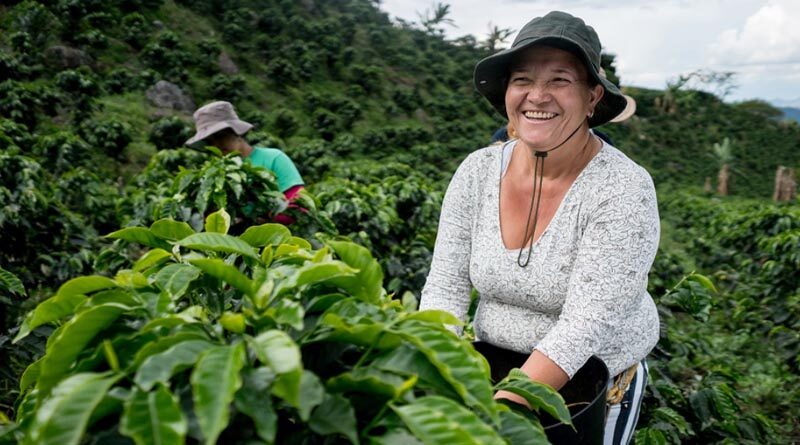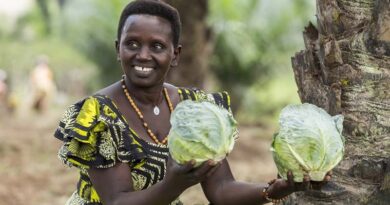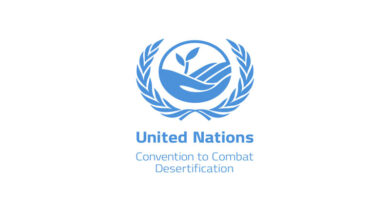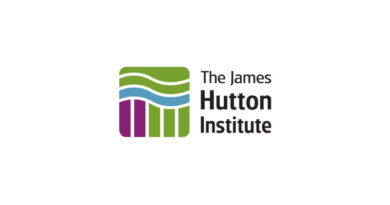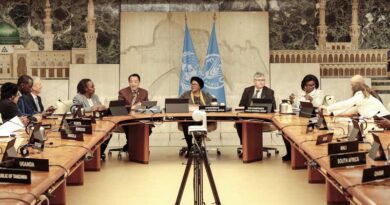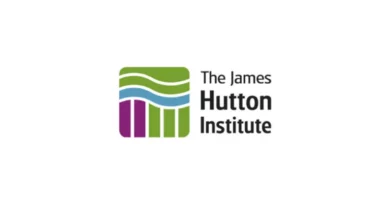New book delivers novel conceptual and empirical studies on land governance and gender
06 December 2021, Africa: CABI has published a new free open access book which delivers novel conceptual and empirical studies surrounding the design and evaluation of land governance from a gender-based perspective.
The book, ‘Land Governance and Gender: The Tenure-Gender Nexus in Land Management and Land Policy,’ edited by Professor Ucehendu Eugene Chigbu, includes a specific focus on land management approaches, land policy issues, advances in pro-poor land tenure and land-based gender concerns.
It includes theoretical or empirical studies on land governance and gender from a diverse group of countries and provides the basis for a new land administration theory to be set against conventional land administration approaches. It also offers, in an accessible manner, a range of new tools for design and evaluation of land management interventions.
Professor Chigbu, who is an Assosiate Professor in Land Administration at the Namibia University of Science and Technology, said, “The book explores the interesting and highly relevant themes of Islamic tenure, reverse migration, matriarchy/matrilineal systems, structural inequality, tenure-responsive planning, land-related instabilities and COVID-19 as well as urban-rural land concerns, women’s tenure bargaining and tenure-gender nexus concerns in developing and developed countries.”
Part 1 of the book covers Concepts, debates and perspectives on the governance and gender aspects of land while Part 2 looks at Tenure-gender dimensions in land management, land administration and land policy. Part 3 covers Applications and experiences: techniques, strategies, tools, methods, and case studies and Part 4 focuses on Land governance, gender, and tenure innovations.
Case studies discussed include China, Ethiopia, Ghana, Lesotho, Germany, Mexico, Mozambique, Rwanda and South Korea.
David Hemming, Commissioning Editor at CABI, said, “This book is a valuable asset for students and researchers in land governance, urban and rural planning, international development, natural resource management, agriculture, community development, and gender studies. It is also useful for land practitioners, including those working within international organizations.”

